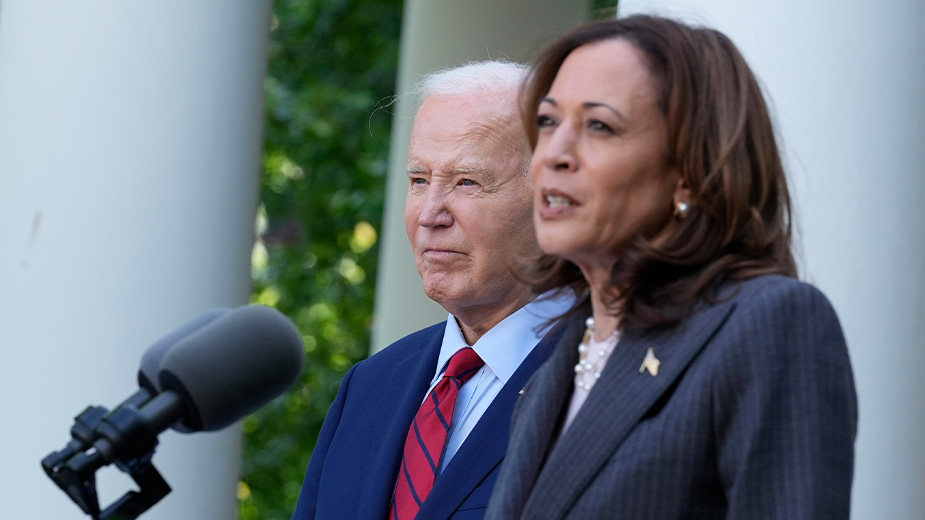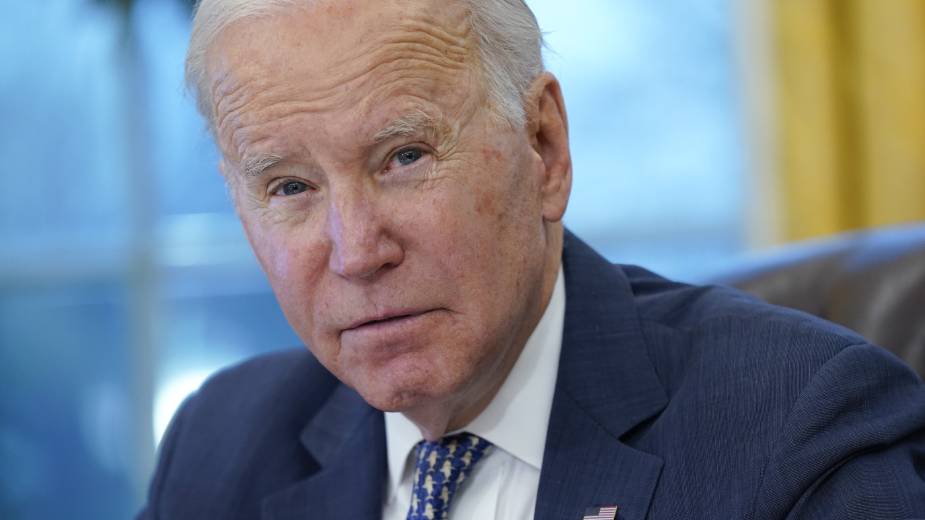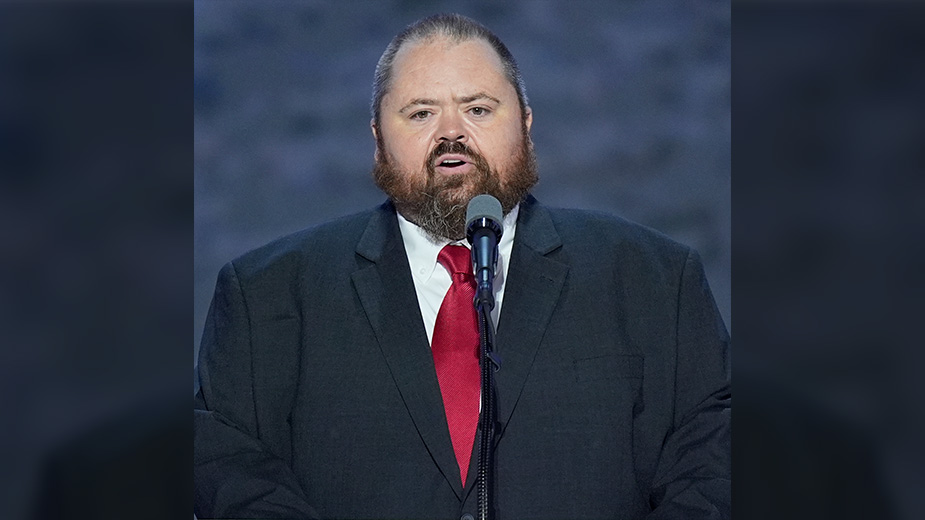Incentive Review Finds Companies Fall Short on Hiring Women, Minorities
YOUNGSTOWN, Ohio – Companies benefiting from tax abatements provided by the city still struggle to meet city goals for hiring minorities and women, even as they by and large meet or exceed their overall objectives for investment and job creation.
The annual report prepared for the city of Youngstown’s Tax Incentive Review Council shows of the 180 people hired in 2017 by companies with active enterprise zone agreements with the city, only 43 were city residents, or 24% of the total hired.
The statistics were more dismal for minorities and women. Women represented 23 of the hires, or 13%, and only 20 minorities were hired, or 11% of the total.
The report showed a total of 612 jobs created under the existing enterprise zone agreements.
Hiring of city residents, minorities and women has been an ongoing challenge, acknowledged T. Sharon Woodberry, the city’s director of economic and community development.
In its agreements, the city asks that companies make a “best effort” for 51% or more of its hires to be city residents, Woodberry said. The companies also submit Equal Employment Opportunity statements pledging nondiscriminatory hiring and specific steps they intend to take to diversify their workforce.
“We absolutely have prioritized in wanting to see all these companies reach what we like to say are our goals in hiring city residents,” Woodberry said.
At the same time, she doesn’t want to overlook the requests the city makes in terms of overall job creation and investment. Such jobs accounted for $31.9 million in new payroll.
“We cannot disregard the impact that has because our basis for operating is our income tax,” she said. “We want to keep working with these companies to try to get something in place to improve where we are with our numbers of city residents being hired, but these incentives are granted because we want to attract investment.”
Investment through the end of 2017 under the agreements totaled $138.17 million, about $20 million shy of the companies’ original commitment of $158.54 million.
Even though many of the companies individually met and even exceeded their goals, some projects are in their early stages.
M.J. Joseph Development Corp., which is developing the Joseph Co. International Chill-Can manufacturing, bottling and research campus on the East Side, entered into its agreement with the city late last year. According to the report, it committed to spend $18.8 million, and so far has spent $2.38 million. It pledged to hire 237 workers.
Other companies like Fireline Inc. and Gasser Chair Company Inc. also entered into agreements for projects last year. The report doesn’t reflect investment or job creation figures for the new DoubleTree by Hilton Downtown Youngstown Hotel, developed by Youngstown Stambaugh Hotel LLC, which entered into an enterprise zone agreement last December. The hotel opened in May.
First Ward Councilman Julius Oliver, a member of the committee, and other members of City Council who attended the meeting expressed dissatisfaction with the low number of city residents and minorities hired. He agreed that the investment and income tax revenue were important, but unemployment is Youngstown’s ‘biggest problem,” and in most cases nonresidents represent 80% of those hired by companies receiving abatements, he said.
“The city is in a state where it’s progressing and the only people who are losing right now are our residents. I just ask that we no longer be comfortable with that,” he said.
Woodberry didn’t think companies were deliberately discriminating against city employees, women or minorities in their hiring, but rather were unable to find the right employees from among the city residents who apply for openings, she said.
“There are some dynamics that are not within our control in terms of there being qualified candidates. We have to work toward that,” she said. “I don’t believe we should be forcing companies to hire employees if they’re not employees that meet their skill set.”
Oliver said companies believe they can come to the city, receive incentives and not comply with the goals because there have been “no checks and balances” for decades.
In some instances, city residents might be “too qualified” for positions being offered, with years of experience and expectations of higher pay, so employers look elsewhere to get hires who they believe will work for less, he said.
“I understand your frustration,” Woodberry said, but added that she took exception to the suggestion that the city has created an environment in which companies feel they can do whatever they want.
Woodberry said she wants to work with Mahoning Columbiana Training Association, which has a program to provide subsidies for training, and make sure those funds are used to help train and place city residents. Her department also regularly contacts companies to remind them regarding their commitments to hiring goals.
Jonathan Bentley, executive director of the city’s Human Relations Commission, monitors fair employment practices as well as fair housing and has compiled a workforce database.
Bentley has sought additional compensation from the city for more than a year to take on more responsibilities, such as following up with companies that aren’t meeting goals and pairing them with community resources such as Youngstown City Schools, Choffin Career & Technical Center and trade union apprenticeship programs to help identify qualified workers who live in the city.
“I am confident that this particular piece of my contract will be taken care of with this new administration,” he said. “I don’t feel it was a high priority with the previous administration.” He said he also wants to meet with companies that have exceeded their commitments and find out where they are finding their talent.
The commission voted to recommend rescinding the abatement awarded to Rudick Forensic Engineering Inc. for the past three years.
“Based on our conversations with Rudick, we did not feel that they would be able to comply with the requirements of the enterprise zone agreement,” Woodberry said. “We don’t believe we’re going to get any progress and that’s why we’re rescinding it.”
As per the recommendation of the council, Woodberry said she would ask the city law department to review the state statutes that authorize tax abatements to determine under what conditions those abatements can be rescinded.
The law department review is among the items council members plan to discuss during an expected quarterly meeting in late September or early October. They also plan to review the results of a job fair planned for Sept. 13 and potentially meet with representatives of companies that are falling short of their goals.
“Moving the meetings to quarterly is definitely the best action,” Oliver said. “We can hold companies accountable as well as get information on a regular basis.” The council announced plans to meet quarterly after its annual meeting last year but that got put on hold with the shift to the administration of Mayor Jamael Tito Brown.
“Just having a chance to communicate with you in this forum might be very positive,” Mahoning County Auditor Ralph Meacham, chairman of the council, said.
“It’s important that we shine a light on these companies who do feel very comfortable at a 93% nonresident, 93% nonminority status, and they have no pressure being brought to bear on them whatsoever,” Sixth Ward Councilwoman Anita Davis said. “While I appreciate their income tax, what’s even better is to have a city resident with that actual income.”
“We’re providing these incentives because we want to encourage investment. We want to solidify our tax base so I don’t want that to be discounted,” Woodberry said. “I don’t want to send a message that we’re not welcoming. We want to be a partner with these companies and we do want to give our residents benefit from the projects as well.”
Oliver questioned whether the state legislation that provides for the granting of tax abatements needs to be reconsidered.
“Is the law in favor of a dying city? Sometimes we need lawmakers to change those laws,” he said. “We have state representatives. Sometimes you’ve got to ask what our state representatives are actually doing.”
Copyright 2024 The Business Journal, Youngstown, Ohio.



